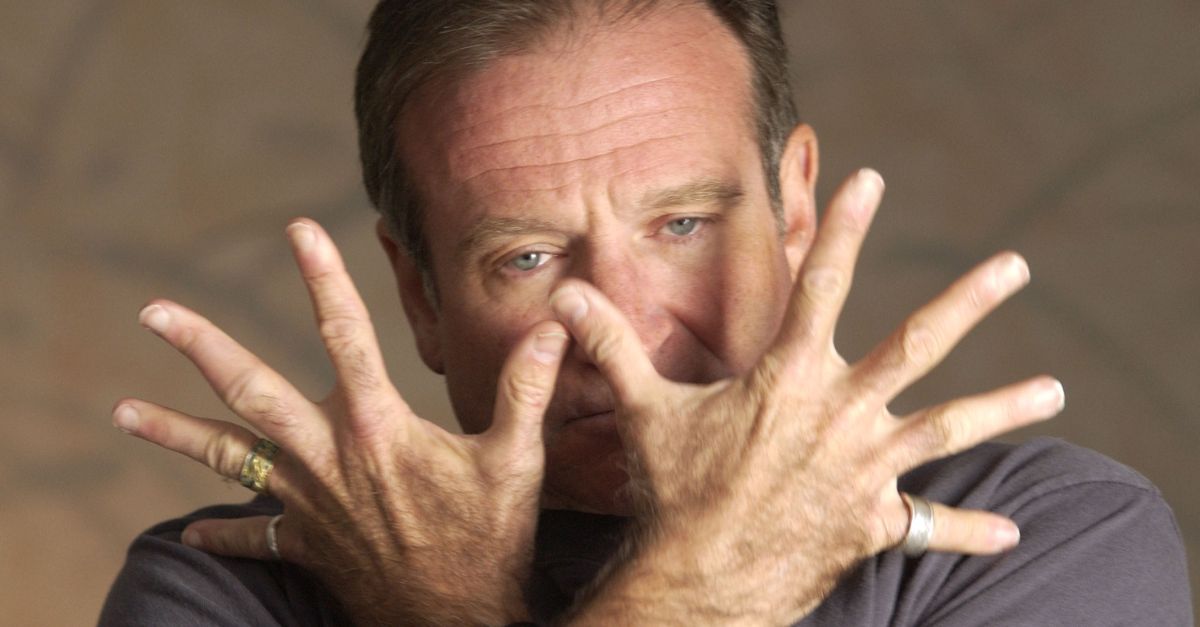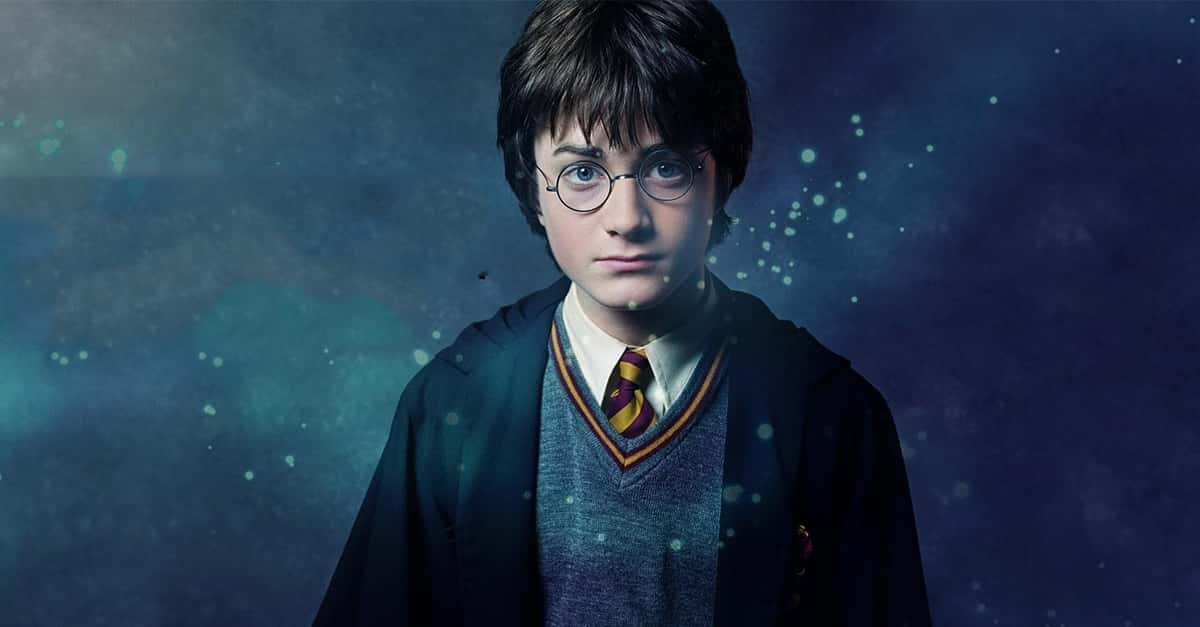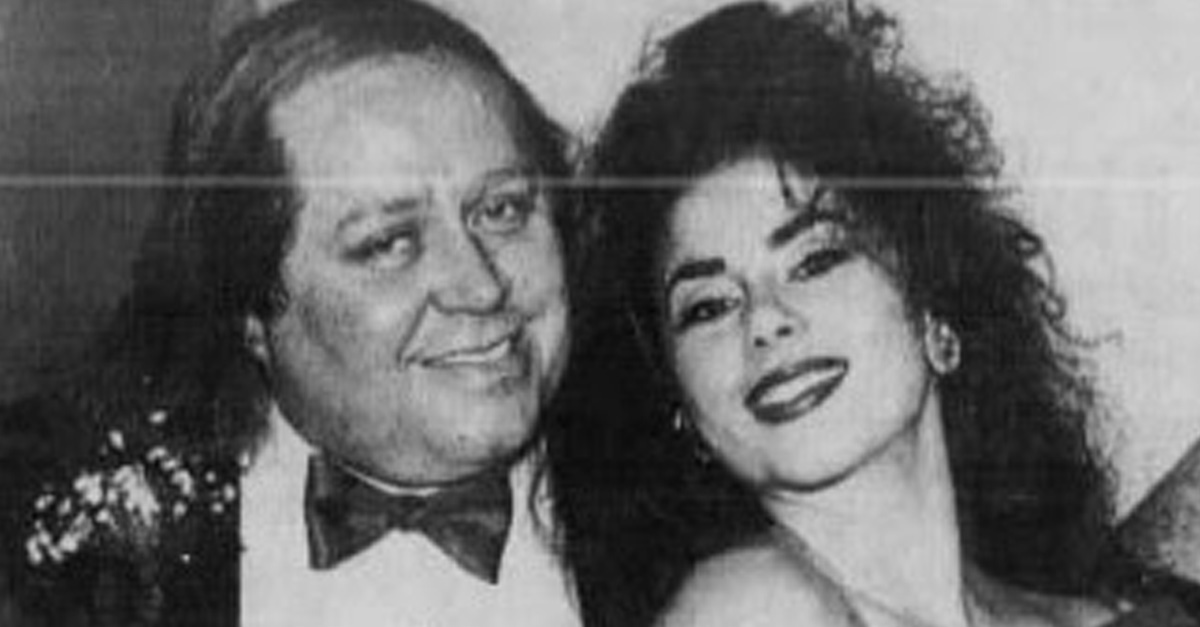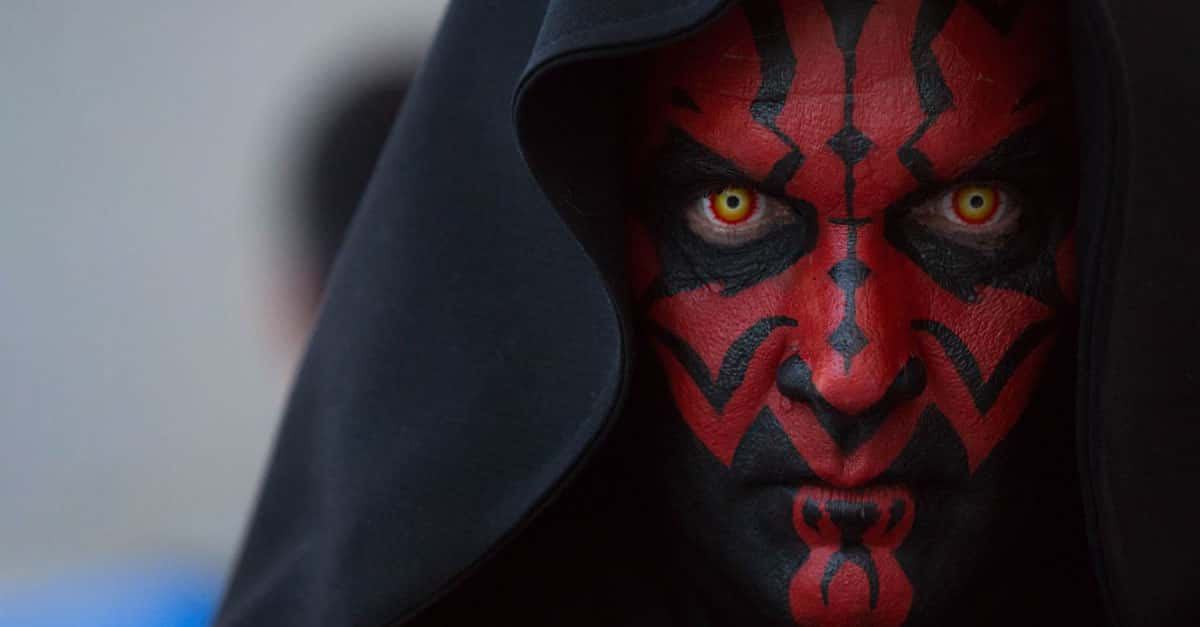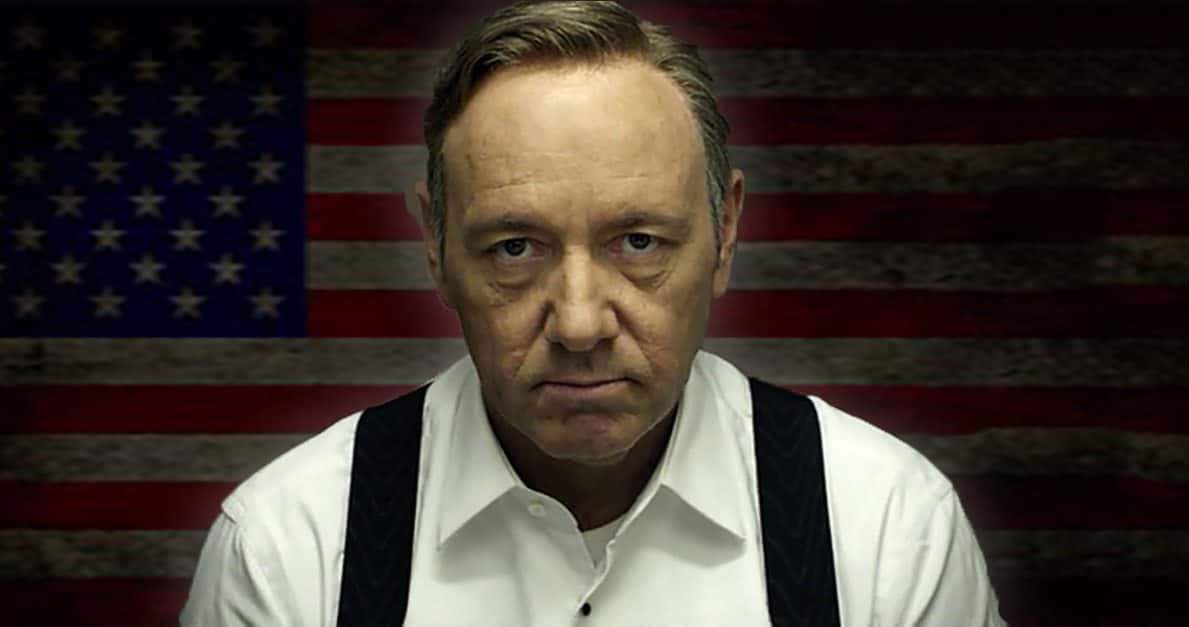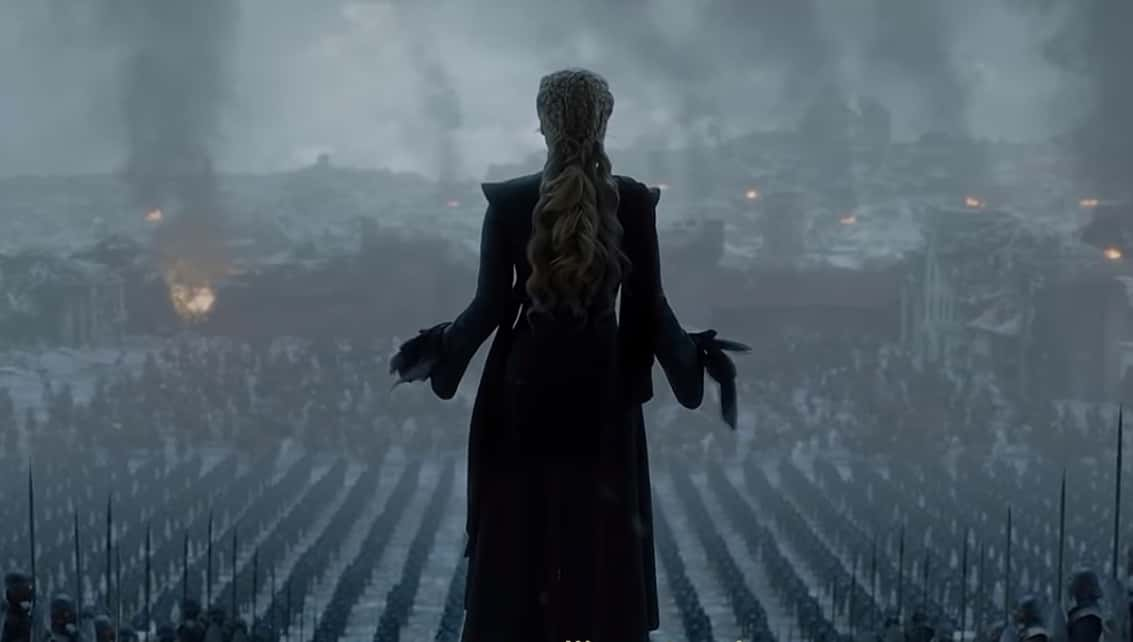A Comic Genius Lights Up The World
Robin Williams burst onto the scene with electrifying energy, his rapid-fire wit dazzling audiences. From stand-up stages to the small screen with Mork & Mindy to Hollywood, his improvisational brilliance shone in all places. Mork & Mindy, especially, left a lasting mark on entertainment.

Becoming A Movie Icon
Williams transitioned from TV’s quirky alien to a cinematic legend. Films like Good Morning, Vietnam and Dead Poets Society revealed his range—comedy, drama, and everything in between. His Oscar win for Good Will Hunting cemented his status and earned adoration from fans globally.
 Buena Vista Pictures Distribution, Good Morning, Vietnam (1987)
Buena Vista Pictures Distribution, Good Morning, Vietnam (1987)
Laughter And Hidden Struggles
But behind the spotlight, Williams grappled with personal challenges. Despite his public persona radiating joy, he faced battles with addiction and mental health. This pain, often masked by his infectious laughter, hinted at a deeper complexity and set the stage for the difficulties that would later emerge.
 Eva Rinaldi, Wikimedia Commons
Eva Rinaldi, Wikimedia Commons
Subtle Signs Of Trouble Emerge
By 2013, Williams began experiencing mysterious symptoms like tremors, stiffness, cognitive lapses, and more. Initially subtle, these signs puzzled those close to him because his vibrant energy seemed to flicker. And this was just the beginning of a perplexing health decline.
 Chad J. McNeeley, U.S. Navy, Wikimedia Commons
Chad J. McNeeley, U.S. Navy, Wikimedia Commons
When Anxiety Began To Grip
As symptoms intensified, anxiety tightened its hold on Williams. Once a master of spontaneity, he grew visibly unsettled while wrestling with unexplained fears. The man who once lit up rooms now faced an internal storm, which signaled a deeper, undiagnosed struggle.
 Sgt. 1st Class Jeff Troth, Wikimedia Commons
Sgt. 1st Class Jeff Troth, Wikimedia Commons
Paranoia Clouds His Bright Spirit
Robin Williams’s once-bright spirit dimmed as paranoia took root. He grew wary, convinced that unseen threats loomed. Friends noticed a stark contrast to his former warmth. This shift, later tied to Lewy Body Dementia, marked a heart-wrenching change in the beloved entertainer’s demeanor.
 U.S. Air Force photo / Airman 1st Class Tabitha M. Mans, Wikimedia Commons
U.S. Air Force photo / Airman 1st Class Tabitha M. Mans, Wikimedia Commons
Sleepless Nights Drain His Energy
Insomnia also plagued Williams. His nights became endless battles, and consequently, the relentless fatigue dulled his quick wit and infectious energy. His close ones watched helplessly as the man who once thrived on stage struggled to find peace against unseen forces.
 Eva Rinaldi, Wikimedia Commons
Eva Rinaldi, Wikimedia Commons
Searching For Medical Clarity
Desperate for answers, Williams consulted specialists. Tremors and cognitive issues prompted tests, but initial diagnoses missed the mark. The uncertainty frustrated him, as doctors struggled to pinpoint the cause. This quest for clarity became a grueling journey, with each step revealing more questions than solutions.
A Parkinson’s Diagnosis Shocks All
In 2014, doctors diagnosed Williams with Parkinson’s disease. The news stunned everyone in his life. Though it explained some symptoms, the diagnosis didn’t fully capture his struggles. But it did reshape his final months with new challenges.
Misdiagnosis Fuels Inner Turmoil
The Parkinson’s label, later proven incorrect, deepened his distress. The misdiagnosis obscured proper treatment, which actually amplified his emotional and physical battles. This critical error cast a shadow over his efforts to regain control. Plus, being unaware of the true culprit fueled even more confusion and fear.
Struggles Surface On The Set
Robin Williams’s final project, Night at the Museum: Secret of the Tomb, revealed his challenges. Colleagues and crew members noticed his difficulty remembering lines, a stark departure from his improvisational mastery. And anxiety disrupted his performance, too, with visible strain.
 20th Century Fox, Night at the Museum: Secret of the Tomb (2014)
20th Century Fox, Night at the Museum: Secret of the Tomb (2014)
Tensions Test Family Ties
His wife, Susan Schneider, observed his increasing withdrawal, which tested their bond. Frustration and confusion replaced once-joyful moments, as the family grappled with his unpredictable moods. Despite their support, the unseen illness created distance.
Fleeting Moments Of Classic Robin
Even amid turmoil, Williams occasionally sparked with his signature charm. Brief bursts of humor and warmth reminded friends of his genius and offered hope, however fleeting it may be. His ability to connect sometimes shone through in his heartfelt conversations.
Desperate Quest For Answers
Williams relentlessly pursued solutions by consulting neurologists and therapists. And although each appointment brought glimmers of hope, there were no clear answers. The complexity of his symptoms—physical and mental—baffled experts. His determination to understand his condition (despite the frustration) reflected his fighter’s spirit.
Battling An Unseen Foe
Unbeknownst to Williams, Lewy Body Dementia was the true adversary. This insidious disease mimicked Parkinson’s while wreaking havoc on his mind and body. Hallucinations, memory lapses, and motor issues intensified, eroding his confidence. His silent struggle against this hidden enemy was the tragedy of his final months.
Stepping Back From The Limelight
Robin Williams retreated from public life, a shadow of his former self. Once a whirlwind of energy, he avoided events because he got overwhelmed by his symptoms. Fans noticed his absence, while close friends respected his need for privacy. This withdrawal marked a poignant shift.
Quiet Acts Of Kindness Persist
Despite what he was going through, Williams offered support to friends and quietly helped charities, reflecting his compassionate core. These small, heartfelt gestures showed his spirit hadn’t fully dimmed. Those close to him cherished these moments with the man who always cared deeply for others.
 Universal Pictures, Getty Images
Universal Pictures, Getty Images
Isolation Tightens Its Hold
As Lewy Body Dementia progressed, Williams withdrew further into himself, as social interactions became daunting, and paranoia distanced him from loved ones. His once-lively home grew quiet due to the growing isolation between him and his family.
The Final Weeks
In summer 2014, the decline accelerated. Daily tasks became Herculean, and his mental clarity waned. He spent hours alone, and in spite of the brief solace that came with his warmth, Susan noticed his increasing fragility. These weeks were a silent prelude to the tragedy that loomed ahead.
A Heartbreaking Tipping Point
By August, Williams reached a breaking point. The weight of misdiagnosis and emotional turmoil overwhelmed him. Despair eclipsed hope, and his inner battle intensified. Those around him sensed a shift, but were unaware of the depth of his suffering, as he faced his darkest moments all by himself.
 Alberto E. Rodriguez, Getty Images
Alberto E. Rodriguez, Getty Images
The Night Everything Changed
On August 10, 2014, Robin Williams faced his final hours. Alone in his home, the weight of Lewy Body Dementia’s relentless grip proved too much. His silent struggle culminated in a heart-wrenching decision. That night, the world lost a singular talent, leaving an unfilled void in countless hearts.
A Devastating Loss Revealed
The morning of August 11, 2014, brought shock as news of Williams’s passing spread. Found by his assistant, the tragedy stunned his family, friends, colleagues, and fans alike. Initial reports cited suicide, but the full story remained unclear. Grief swept globally, as admirers mourned the man who brought joy to millions.
Discovering The True Culprit
Posthumous examinations revealed Williams had Lewy Body Dementia, not Parkinson’s. This neurodegenerative disease explained his hallucinations and physical decline. The misdiagnosis had masked the true battle, and his struggles were finally clarified after months of being misunderstood.
A Legacy Of Laughter And Love
Robin Williams’s impact continues with his iconic roles and heartfelt moments. From Mrs Doubtfire to Good Will Hunting, his work touched generations. His kindness and genius continue to inspire. And his ability to blend humor with humanity will never be forgotten in Hollywood history.
 20th Century Fox, Mrs. Doubtfire (1993)
20th Century Fox, Mrs. Doubtfire (1993)
Remembering Robin Williams
Today, Robin Williams’s legacy resonates with fans aged 20 to 60. Tributes, marathons of his films, and stories of his warmth keep his memory alive. His battle with Lewy Body Dementia highlights the sheer importance of mental health awareness.
 Schaumburg73, Wikimedia Commons
Schaumburg73, Wikimedia Commons

